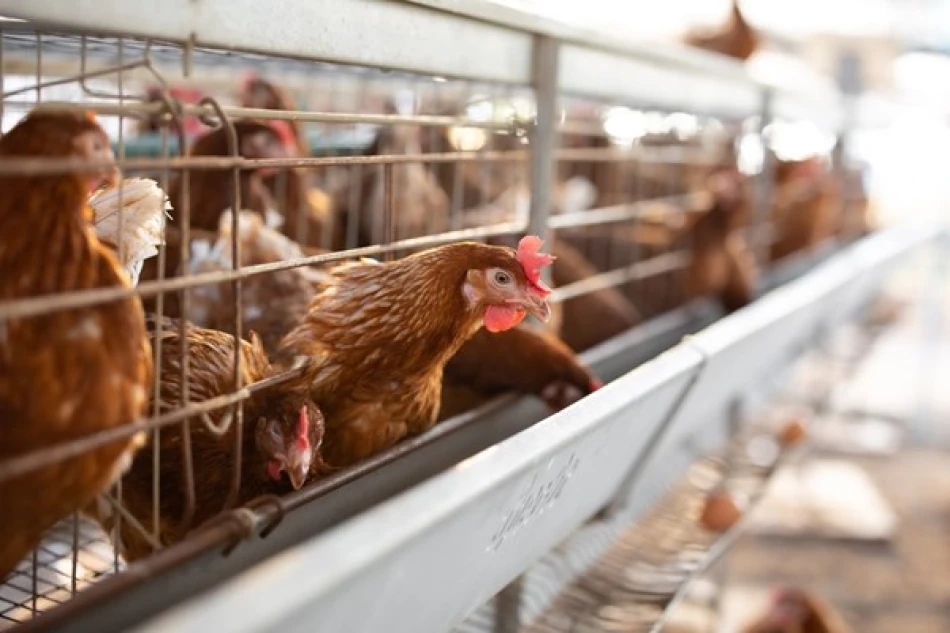
Avian Flu Hotspots Detected in Southern Bulgaria, Officials on High Alert
Bulgaria Faces New H5N1 Outbreak as Avian Flu Spreads Across Three Southern Farms
Bulgaria has detected three new outbreaks of highly pathogenic avian influenza in its southern region, affecting approximately 28,000 birds and marking another chapter in the global spread of the deadly H5N1 strain that continues to challenge poultry industries worldwide.
Outbreak Details and Immediate Impact
The World Organisation for Animal Health reported that Bulgarian authorities confirmed the presence of the lethal H5N1 virus across three farms in the town of Rakovski. This detection represents a significant concern for Bulgaria's poultry sector, as the affected facilities house nearly 28,000 birds that now face potential culling to prevent further spread.
The Rakovski outbreak follows the typical pattern of H5N1 transmission, where intensive farming operations become vulnerable hotspots for rapid viral proliferation among densely housed bird populations.
Regional Context and Economic Implications
Broader European Challenge
Bulgaria's latest outbreak fits within a troubling European trend. The H5N1 strain has repeatedly surfaced across the continent over the past two years, forcing countries like France, Germany, and the Netherlands to implement emergency culling measures affecting millions of birds. The virus's persistence suggests that seasonal migration patterns and intensive farming practices continue to create ideal conditions for transmission.
Market Pressures and Trade Disruption
For Bulgaria's agricultural economy, these outbreaks typically trigger immediate trade restrictions. Export markets often impose swift bans on poultry products from affected regions, creating supply chain disruptions that extend well beyond the initial outbreak zones. The country's poultry producers now face the dual challenge of managing biosecurity costs while navigating potential export limitations.
Global H5N1 Surveillance and Response
The detection in Rakovski underscores the ongoing global surveillance efforts that have become critical for early outbreak containment. Unlike previous avian flu cycles, the current H5N1 variant has demonstrated remarkable persistence, affecting not only domestic poultry but also wild bird populations across multiple continents.
This outbreak pattern differs significantly from historical avian flu episodes because of the virus's ability to maintain circulation in wild bird reservoirs, making complete eradication increasingly difficult and requiring sustained vigilance from agricultural authorities.
Strategic Response and Future Preparedness
Bulgaria's rapid reporting through international channels reflects improved global coordination mechanisms developed since the major H5N1 outbreaks of the early 2000s. However, the recurring nature of these detections suggests that the poultry industry must adapt to treating avian influenza as an endemic challenge rather than an occasional crisis.
The Rakovski outbreak serves as another reminder that modern agricultural systems remain vulnerable to biological threats that can rapidly escalate from localized farm problems to international trade disruptions, reinforcing the critical importance of robust biosecurity measures and rapid response protocols.
Most Viewed News

 Layla Al Mansoori
Layla Al Mansoori






